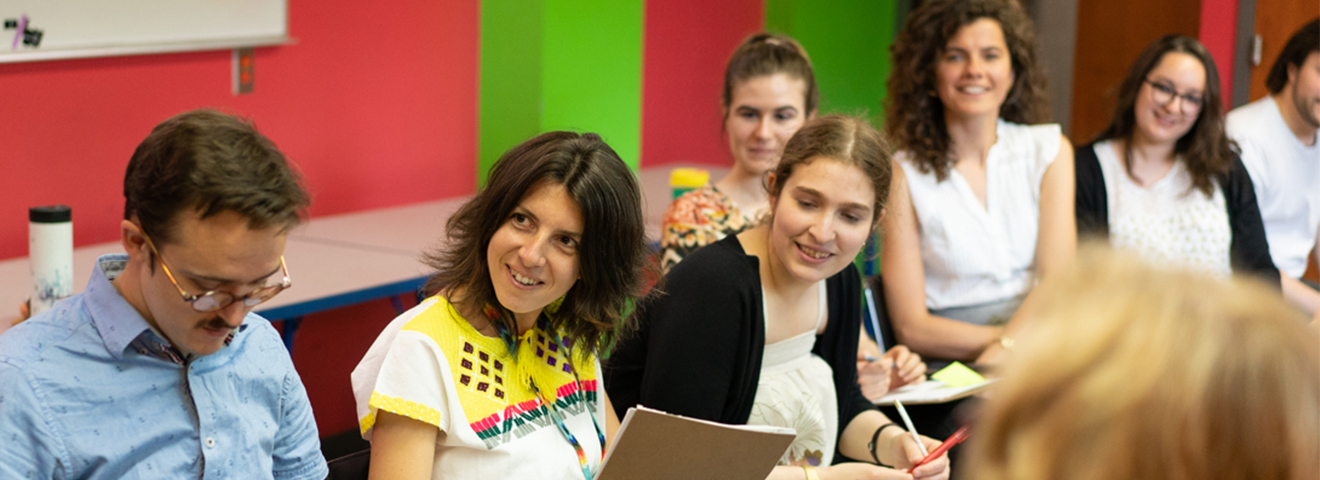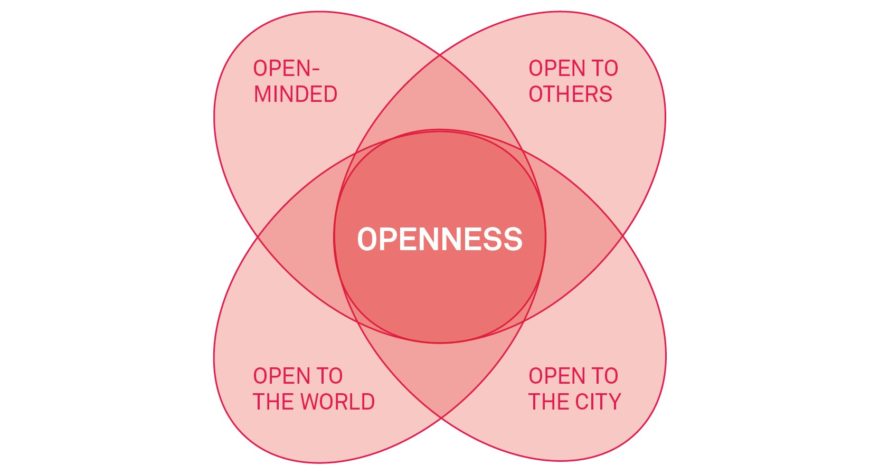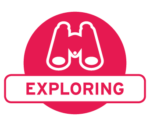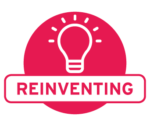Education

Educational vision
The McCord Stewart Museum is a museum for all Montrealers, a social history museum that celebrates life in Montreal past and present: its history, its vision, its people, its communities.
Montreal is proud of its reputation as a welcoming, inclusive city open to the world. A cultural institution with strong ties to its community, the McCord Museum has a responsibility to promote and develop this openness. We consider this to be an essential element to building a forward-looking metropolis.
Inspired by this vision, we strive to create greater openness among our visitors. We hope that they flourish as individuals in both the richness and complexity of urban life in the 21st century.

A participatory museum
Today, our Museum stands as a participatory and community-oriented institution. As such, dialogue and social interaction are central to our activities and visits.
Through discussion, our visitors gain a better understanding of the objects and themes on display by viewing them from multiple perspectives. The Museum’s facilitators enrich this experience by promoting reflection and discovery. In turn, they foster greater openness among our visitors.
We use objects, stories and the sharing of experiences to help Montrealers from all origins better understand their city and the world around them.
STORYTELLING vision

Humans have long used storytelling to chronicle their lives, build an identity and share knowledge. In our STORYTELLING activities, narrative modes are emphasized.
Through legends, poems, plays, comic strips and more, our visitors get swept up in the stories associated with the Museum’s objects. For example, they might find themselves plunged into an Aboriginal legend recounting a fight for survival in the forest by two abandoned women. Or, they may be introduced to artefacts from Montreal’s industrial age via excerpts from works by local authors.
Touched by these stories, our visitors explore the objects on display from a fresh perspective. Then, by creating new stories, they embark on a journey towards greater self-awareness and openness to others.
EXPLORING

Our EXPLORING activities invite visitors to take the time to carefully observe the world around them. Whether examining the city, neighbourhood, street or Museum, visitors draw on all of their senses to gain an in-depth awareness of their urban and cultural surroundings.
During their visit, they explore a range of ways to see and experience the world by viewing it through the eyes of another. For example, while strolling down a street, an urban planner observes pedestrian and cyclist traffic. A botanist’s eyes are drawn to invasive plants. A child is taken by the toys in a window display, and an architect admires the style of the surrounding buildings.
These varying points of view heighten visitors’ observation skills and impact their connection to the rest of the world.
REINVENTING

Our REINVENTING activities call on our visitors’ ability to solve problems and imagine creative solutions by modifying the layout of a space, improving the function of an object, or finding new ways of doing things or thinking. For example, they may reflect on how to reshape the Hôtel-Dieu site, contemplate improvements to living conditions for nursing home residents, or adapt an everyday object such as a teapot so it can be used by a person with a disability.
Our approach encourages creativity and collaboration. By joining in these activities, our visitors learn they can take action in order to make the world a better place.
Five main themes
Our education program has been built around five main themes that reflect life in the city. It takes as a point of departure today’s urban realities. It then draws on the past and on places near and far to generate a more comprehensive understanding, which it fuels with multiple points of view. Our program focuses on Montreal, its residents and their stories.
The five main themes at the core of our educational offer are:
| Living in the City | As the city expands, it becomes an increasingly inspiring place to live. Urban planning, citizen engagement and mobility management are all issues vital to urban populations whose numbers are growing around the world. |
| Growing and Aging
|
The human experience revolves around the inevitable stages of life: birth, growth, aging and death. Because our contribution to community life varies with each of these stages, the establishment of an intergenerational dialogue is needed. This grants everyone the chance to give the best of themselves. |
| Changing the World | Humans have always sought to control their environment through the creation of machines, devices, objects and new ways of doing things. These innovations enrich our day-to-day lives and change how we interact with the world. |
| Exile and Belonging | Uprooted by war, natural disaster or poverty, migrants leave in search of a better future. Their departure means abandoning a familiar place, but it also leads to a new sense of belonging in a land that welcomes them. |
| Openness to Others | Within the vibrancy of large cities, cultures meet and merge. Ways of living, thinking and doing things are made richer through our contacts with others. Out of this diversity, a curiosity emerges that spurs renewed dialogue. |
